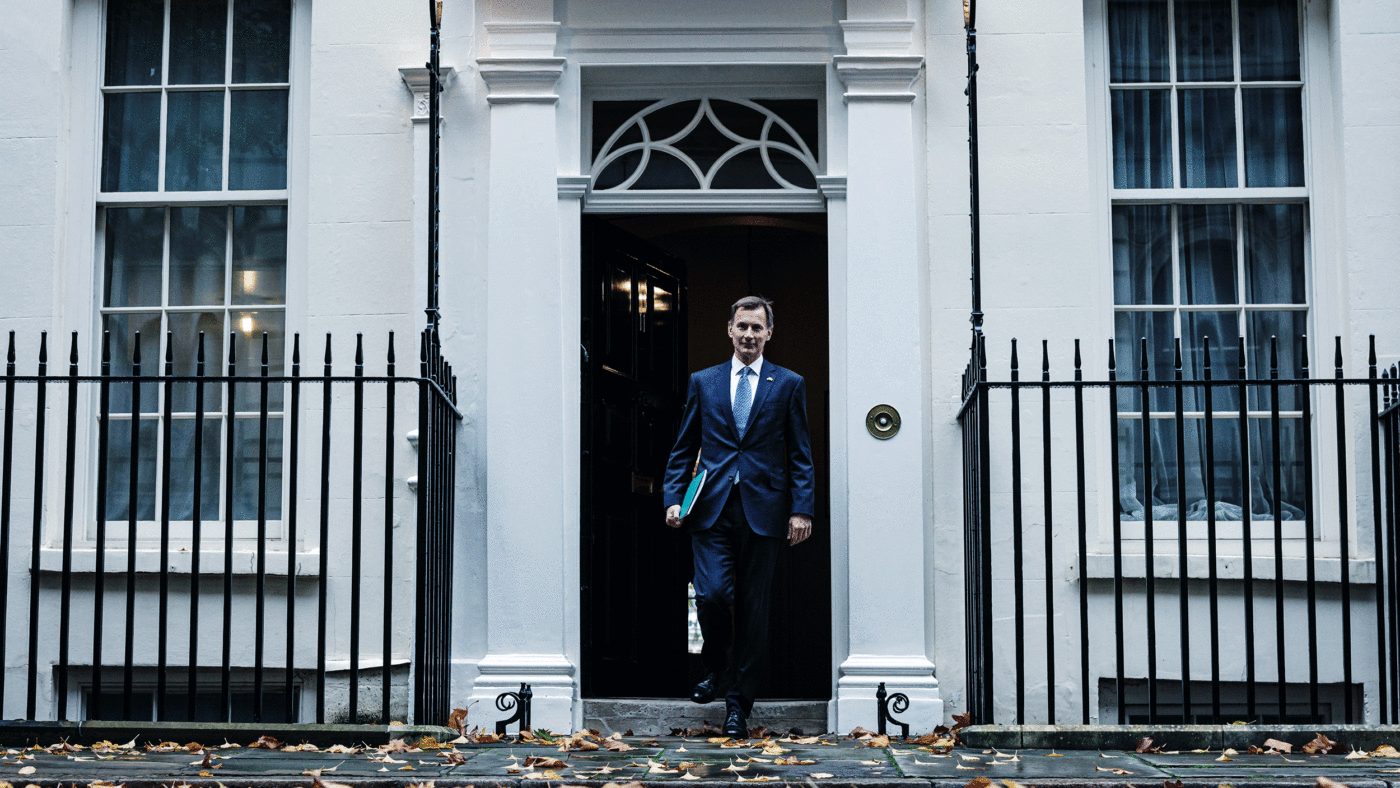Back in July 2022, when he was in the running for the Conservative Party leadership, Jeremy Hunt had a very different view on corporation tax to the policy he enacts today.
At the time, he told Sky News that corporation tax was the tax that mattered most to businesses. He said that while it wasn’t a ‘sexy’ tax to cut, it was the most important for getting the economy moving. So important, in fact, that he didn’t just want to keep the current 19% rate, but slash it to 15%.
There’s no doubt that our economy could use a jump start. But less than a year on, far from a cut, in April corporation tax is going up six percentage points, to 25%. That’s a full 10 percentage points higher than the Chancellor’s favoured rate just last year.
So what changed?
Some have pointed to the so-called ‘Treasury orthodoxy’, in which every tax cut has to be ‘paid for’. Hunt is right to want to balance the books and avoid passing on huge levels of debt to future generations. But to raise corporation tax on such a scale risks turning away those businesses which will be central to the growth and investment we need to generate the receipts that will pay the nation’s bills. Whisper it, but tax changes matter more than the amount collected in receipts.
Unorthodox or not, this is where Treasury thinking often falls down. When officials try and evaluate the impact these sorts of changes will have on our economy, too often, modelling of tax policies tends to look only at the immediate impact on the public finances. But that static approach doesn’t really reflect what happens in the real-world economy.
It doesn’t reflect the fact that businesses are being discouraged from investing in Britain because of the planned increase in corporation tax. It doesn’t reflect the worsening investment conditions. It doesn’t consider the individual decisions, which are often made on very fine margins, and bring businesses and paying jobs to these shores.
For an example of the risks of a tax system that punishes businesses looking to invest, look no further than AstraZeneca. The pharmaceuticals giant had planned to make a $360m investment in the UK by building a new manufacturing facility here. But alas, the plant went to Ireland. Their CEO Pascal Soriot put the blame firmly upon the UK’s ‘discouraging’ tax rate.
Perhaps we should look at these tax policies differently. Instead of fussing about the Treasury’s balance sheet, we should look at the wider economic implications. The TaxPayers’ Alliance (TPA) dynamic tax model, designed by Europe Economics, estimates the dynamic impact of tax changes on the economy and wages in the medium term, taking into account changes in public spending.
Our modelling suggests the planned corporation tax rise could cost £30.2bn of lost GDP after a decade. This slower growth would see almost two thirds of the expected revenue from the rise to be lost through lower receipts. The results also suggest investment would be boosted by £11.9bn after a decade if the corporation tax rise were cancelled, and would cause average weekly earnings to grow by £6.73.
Now as with any forecasting, these are only estimates. We’re not claiming it’s an exact science. Over the ten-year period projected, many things can and will change. But that doesn’t mean government should be afraid to embrace modelling of dynamic effects. After all, it has before.
Our work was inspired by modelling previously published by George Osbourne’s Treasury in 2013, which forecasted the dynamic impact of cutting corporation tax rates on investment, wages, employment and prices. It showed increased investment, profits, wages, consumption and tax revenue, and it underpinned a long-standing Conservative policy which was a boon for economic growth – and the public finances too. It’s a shame that this sort of dynamic modelling isn’t used more regularly in HM Treasury, as Tory MP Greg Smith has called for.
By raising corporation tax on this scale, the Government will be eroding that tax base, and we will see more companies like AstraZeneca deciding that there are more competitive places to be investing. As Ranil Jayawardena MP of the new Conservative Growth Group put it when looking at our findings, the ‘abacus economics’ favoured by some has been disproven by just one company. And we know that the Chancellor understands that, because he made a corporation tax one of his central pledges when he was going for the top job.
If Hunt wants to know how to pay for it, we have plenty of ideas. There are huge savings that can be made to boost the public sector balance sheet. Tackling the cost of government crisis, slashing the waste we identify all the time and focusing key public service funding on the front line. The Chancellor is working with financial headroom as the Budget approaches, and he could use some of that to give businesses some breathing room.
So let’s can the corporation tax rise, and show the AstraZenecas of this world that the Treasury doesn’t want to use them as cash cows, but instead wants to welcome them to Britain. Taxpayers will feel the benefits. I dare say it would even be beneficial to the Government’s levelling up agenda, and could help to address regional inequality. At the very least, ministers should commission some dynamic modelling of their own and find out if we’re right.
But if the Government sticks to their current course, the result will be lost growth, lost investment and lost opportunities. As the Chancellor knows all too well.
Click here to subscribe to our daily briefing – the best pieces from CapX and across the web.
CapX depends on the generosity of its readers. If you value what we do, please consider making a donation.


